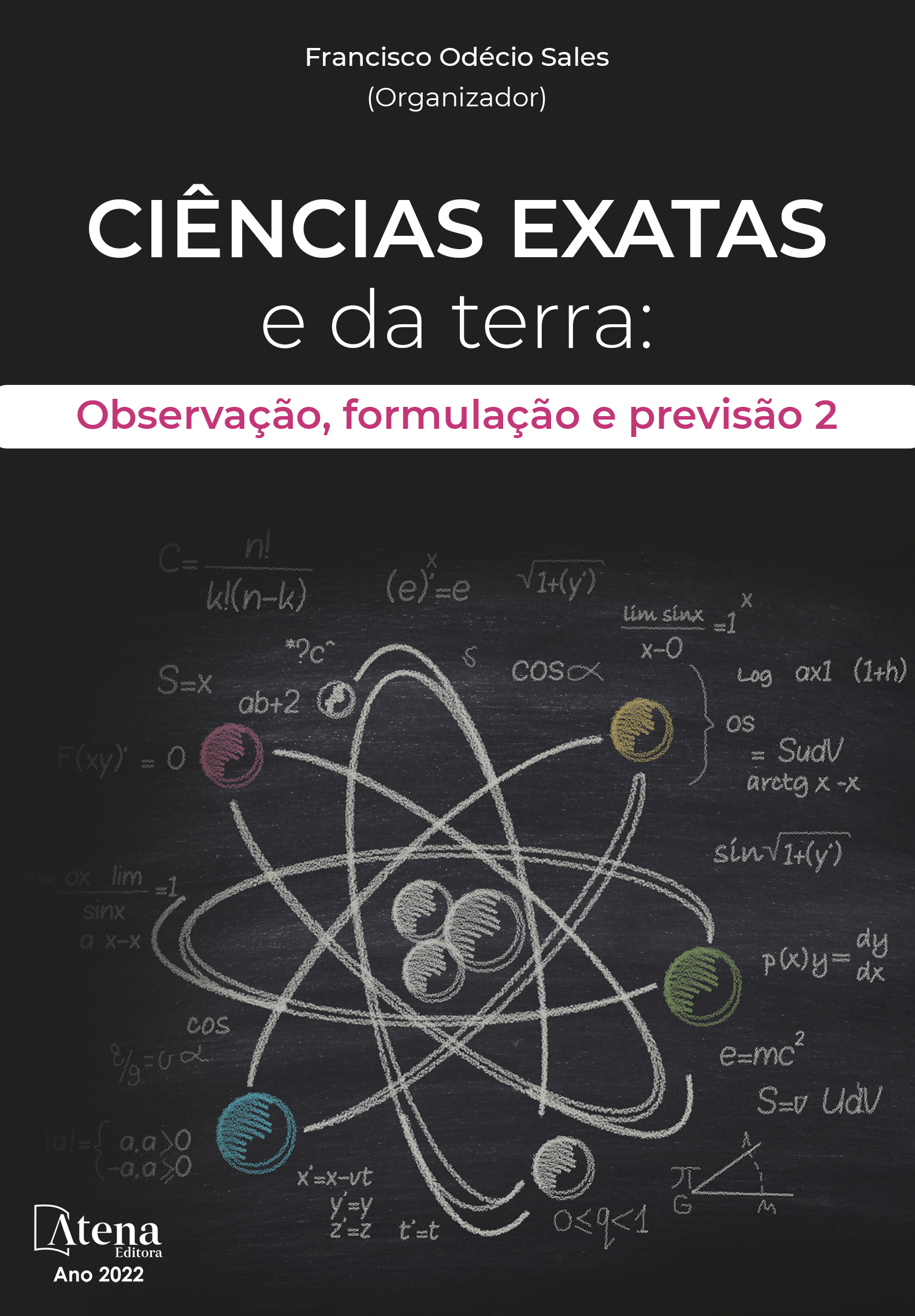
ILHAS DE CALOR URBANA NA CIDADE DE FLORIANÓPOLIS-SC A PARTIR DE IMAGENS DO SATÉLITE LANDSAT
Ilhas de calor urbanas representam as regiões dos municípios onde a temperatura se mostra maior do que em áreas mais afastadas dos grandes centros urbanos. Estas Ilhas podem ocorrer devido à diferença do tipo de superfícies de tais regiões. As diferentes propriedades térmicas dos materiais usados na transformação da superfície das ilhas de calor influenciam diretamente no balanço de radiação daquele local, fazendo com que a região tenha temperaturas de superfície (TS) mais altas se comparadas com regiões adjacentes com maior cobertura vegetal. A compreensão e monitoramento destas ilhas de calor urbanas se mostram de grande importância, já que os cenários climáticos apontam para uma tendência de aquecimento, devido ao aumento dos gases do efeito estufa e da urbanização. O objetivo deste estudo foi identificar as ilhas de calor e potenciais hot-spots na região da cidade de Florianópolis baseados nos dados dos satélites da série Landsat. Para o cálculo da TS foi usado o algoritmo Statistical Mono-Window (SMW). Estas imagens Landsat foram usadas para estimar a TS para o período entre 1990 e 2020. Resultados a partir de mapas de temperatura para o período de verão mostraram que a região continental e central apresentam muitas áreas de temperaturas mais altas. Um exemplo de análise para a região central da cidade de Florianópolis para Janeiro de 2020 apresentou locais com TS de 40,2 e 42,3 oC, enquanto que na superfície da Lagoa da Conceição a TS foi de 24,3 e 28,8 oC. Estes resultados mostraram que estas superfícies apresentam TS bem diferentes para o mesmo dia do ano. Estes resultados mostram que as estimativas de TS por satélite permitem obter campos de alta resolução para regiões urbanas e que seu monitoramento poderá dar subsídios importantes em políticas públicas para regiões urbanas.
ILHAS DE CALOR URBANA NA CIDADE DE FLORIANÓPOLIS-SC A PARTIR DE IMAGENS DO SATÉLITE LANDSAT
-
DOI: 10.22533/at.ed.93322110415
-
Palavras-chave: Temperatura por satélite, superfície urbana, Lagoa da Conceição
-
Keywords: Satellite temperature, urban surface, Lagoa da Conceição
-
Abstract:
Urban heat islands represent the regions of the cities where the temperature is higher than in areas further away from the large urban centers. This is due to the difference in the type of surfaces in such regions. The different thermal properties of the materials used in transforming the surface of the heat islands directly influence the radiation balance at that location, making the region have higher land surface temperature (LST) compared to adjacent regions with greater vegetation cover. Understanding and monitoring these urban heat islands is of great importance, as climate scenarios point to a warming trend, due to the increase in greenhouse gases and urbanization. The objective of this study was to identify the urban heat islands and potential hot-spots in the region of the city of Florianópolis, based on high-resolution data from the Landsat satellites. To calculate the LST, it was applied the Statistical Mono-Window (SMW) algorithm. These Landsat images were used to estimate the LST for the period between 1990 and 2020. Results from LST maps for the summer period shows that the continental region presents the larger areas of higher temperatures. An example of LST analysis for the central region of the city of Florianópolis for January 2020 showed LST of 40.2 and 42.3 oC, while in the Lagoa da Conceição surface the LST was 24.3 and 28.8 oC. These results show that these surfaces have very different LST for the same day of the year. These results show that satellite LST estimates allow obtaining high-resolution fields for urban regions and that their monitoring can provide important subsidies for public policies for urban regions.
-
Número de páginas: 14
- Renato Ramos da Silva
- Natacha Pires Ramos


